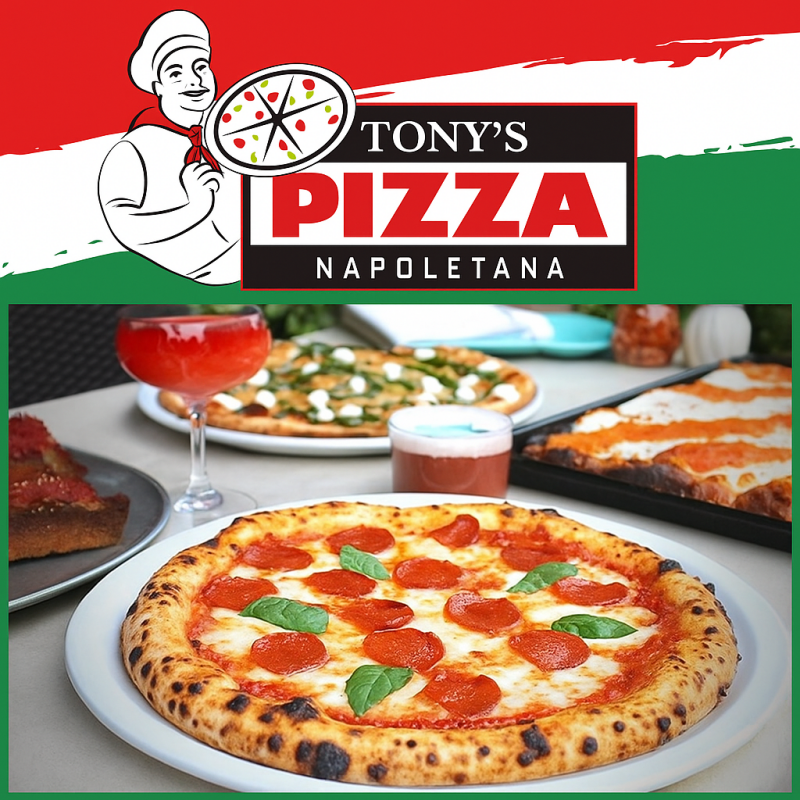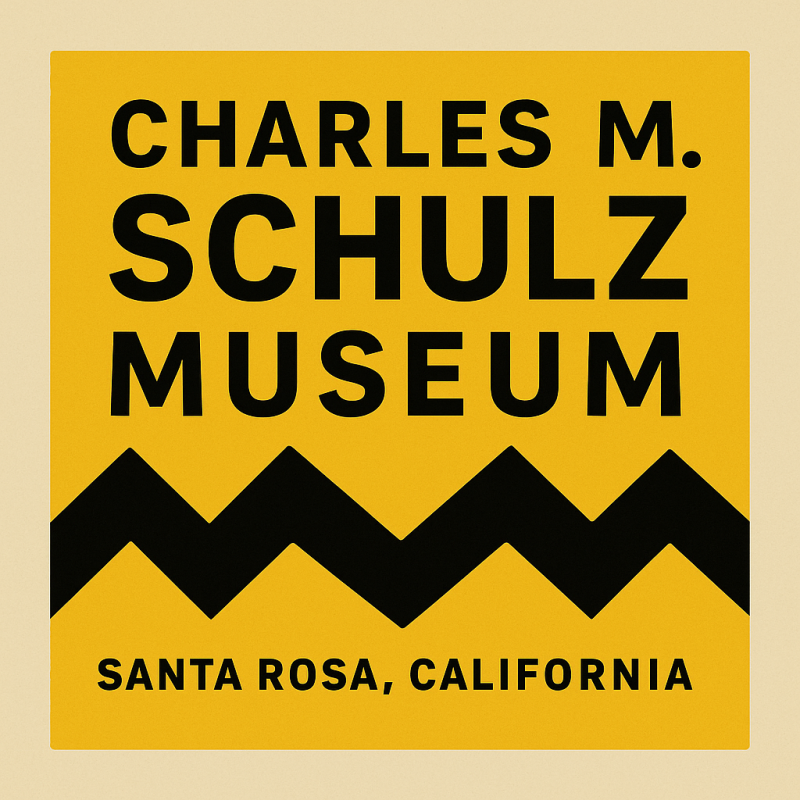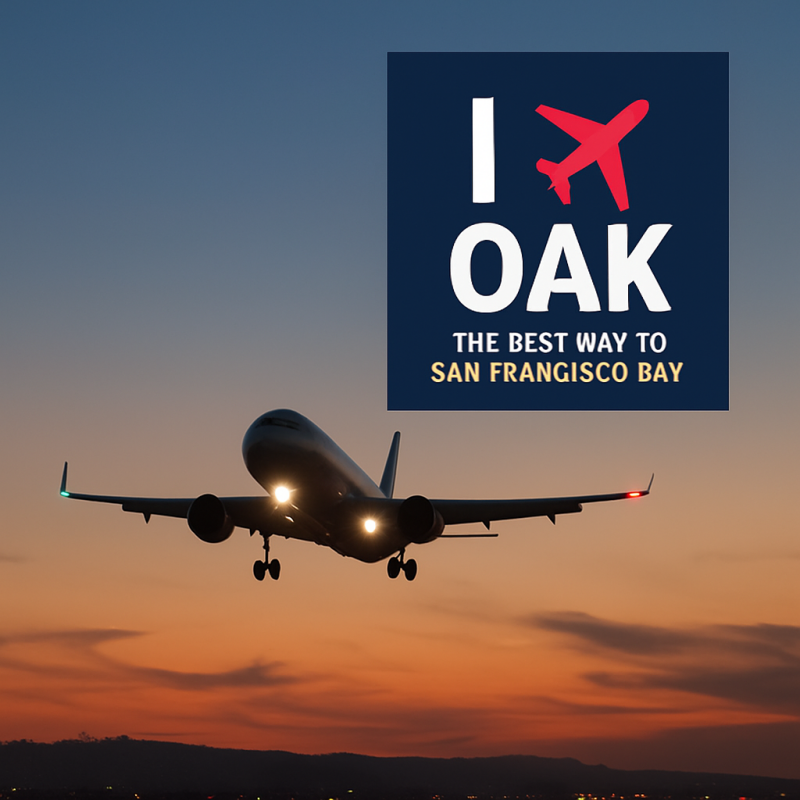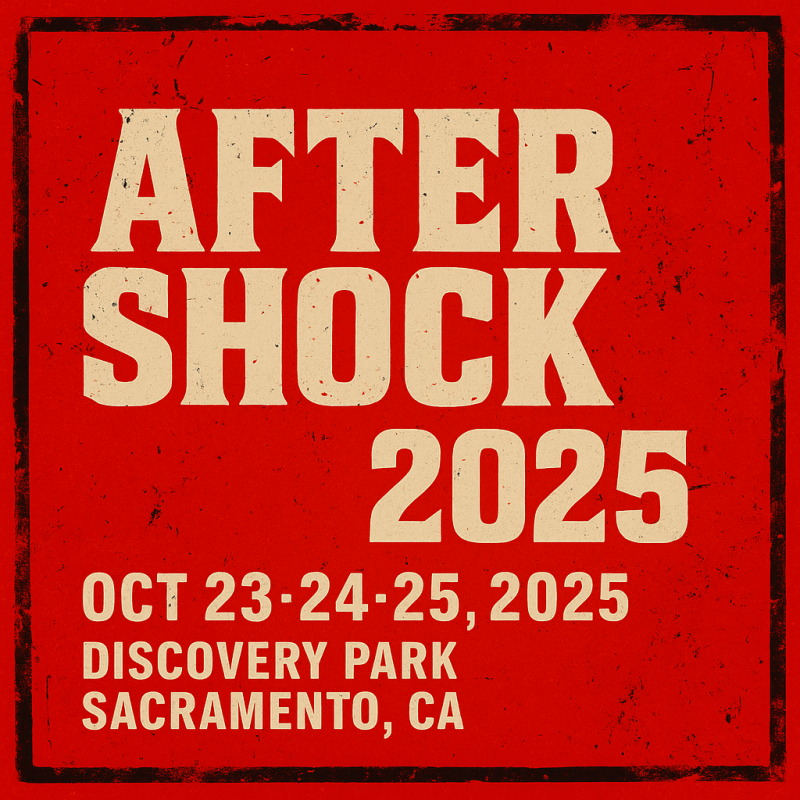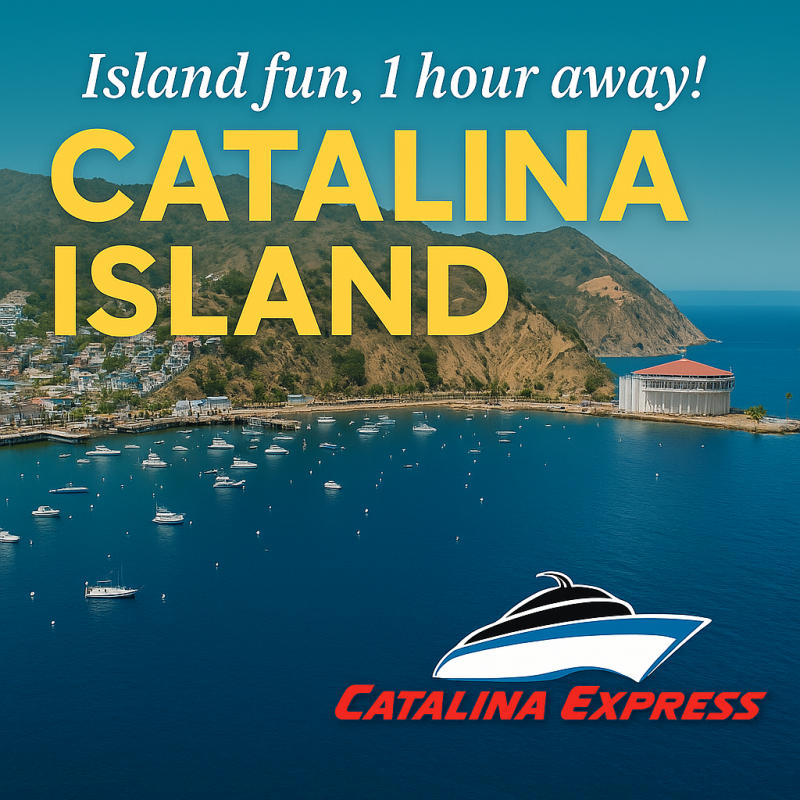By Mauricio Segura August 19, 2025

Photo: GBT Graphics
After nearly two decades under John Fisher, the San Jose Earthquakes are officially on the market. The club confirmed in June that it has hired Moelis & Co. to lead a sale of a controlling interest, an unmistakable sign that a change of guard is not just possible but probable. Fisher, who helped revive the franchise in 2008 and oversaw the construction of PayPal Park, is stepping back at a time when MLS franchise values have never been higher and buyer appetite has rarely been stronger.
Why now is the obvious question, and the answer is part soccer, part finance. Fisher is also steering the A’s through a costly relocation to Las Vegas, where a projected $1.75 billion ballpark is being assembled with a patchwork of public and private money. Selling the Quakes would simplify his sports portfolio and, practically speaking, free up capital and attention for the biggest construction project of his life. It is not a secret that observers around the league view an Earthquakes sale as one way to help fund the A’s ambitions in Nevada.
How much could the Earthquakes fetch is where the plot gets intriguing. Sportico’s most recent table pegged San Jose at roughly $600 million, squarely middle class by MLS standards. A fresh comp arrived in April when the Larry H. Miller family paid about $600 million for control of Real Salt Lake and its related properties, a deal that included multiple facilities. Layer onto that the league’s recent expansion math: San Diego paid a $500 million fee just to join the club. Taken together, this is not a fire sale; it is a premium-market franchise with real assets that should command a number at or above the league’s median.
Will it be easy to sell is the next reasonable ask. Right now, the wind is at MLS’s back. Forbes ranks LAFC at $1.25 billion and Inter Miami at $1.2 billion, and minority stakes have been changing hands at valuations that would have sounded absurd five years ago, including the Crew’s recent 10 percent sale at a $900 million mark. Private equity, which MLS now permits in minority roles, has only widened the buyer pool. Add Silicon Valley wealth and a global sport on a growth curve, and the Quakes present a fairly clean thesis for investors who want both a trophy asset and a foothold in the world’s game.
The asset itself is better than its public perception. PayPal Park is soccer-specific, club-controlled, and cost about $100 million to build, giving an incoming owner operational leverage and year-round event upside. Capacity is a modest 18,000, which keeps average attendance numbers in the bottom third, but the club has repeatedly proven it can draw far larger crowds when it moves marquee dates to Levi’s or Stanford. The presence of NWSL’s Bay FC as a multi-year tenant further stabilizes building economics and soccer mindshare in the South Bay. None of this erases middling recent results, but it does mean the platform is there for a competent owner to scale.
As for prospective buyers, no names have surfaced publicly, which is typical at this stage. Moelis will quietly canvass high-net-worth individuals, family offices, and institutional funds with sports mandates. City Hall, for its part, has rolled out a welcome mat. Mayor Matt Mahan signaled that a new owner could eventually integrate the club into a planned downtown sports and entertainment district tied to the Diridon Station area, a move that would sync with San Jose’s broader redevelopment arc. Whether that means upgrading PayPal Park, adding premium inventory, or someday playing select dates downtown, the point is that the political will is there to modernize the Quakes’ footprint.
So what changes on the field and in the stands if this sale closes? Expect ambition to be the first tell. That means top-end investment in the first team, sharper recruitment and analytics, a deeper roster that treats Designated Player slots as weapons rather than ornaments, and a renewed push through the academy in a region that produces elite talent every year. Off the field, look for a modern commercial reset: upgraded premium spaces, bigger-ticket friendlies, and strategic use of occasional big-house dates to lift revenue without cannibalizing the intimacy that makes PayPal Park sing. None of it happens overnight, and every buyer must clear MLS’s Board of Governors, as it did with Real Salt Lake’s change of control, but the template for a quick reputational turnaround is now common across the league.
Bottom line, the Earthquakes are not being pawned off; they are being positioned. In a World Cup cycle with Bay Area matches incoming, in a league where values have vaulted, and in a market swimming with capital, San Jose is one savvy ownership group away from reintroducing itself. If Moelis finds the right bidder, the next chapter could be the moment the Quakes finally play as big as the city around them.



